Top tips for starting your creative project – Bossing It
25 April 2024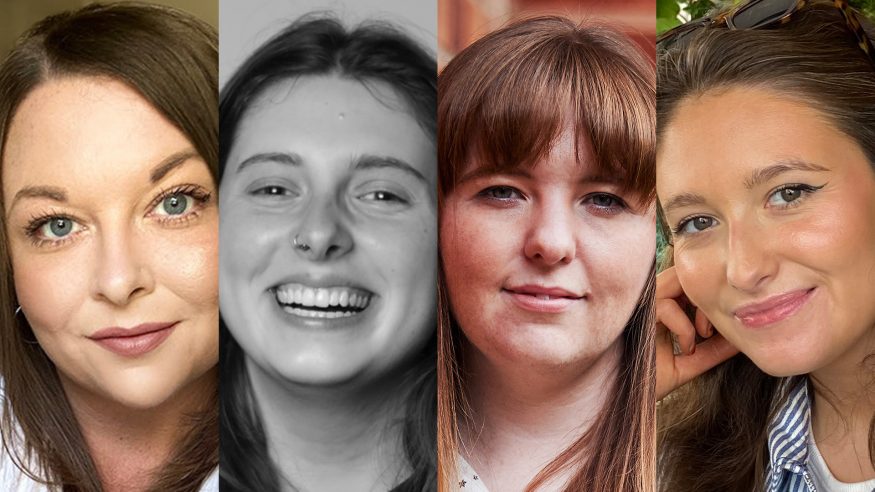
Creative projects can teach new skills, open new doors, and make quality time for your personal interests. Whether you’re looking to turn a hobby into a career or bring ideas to life in your spare time, a bit of guidance can help you get started. We asked some of our fantastic alumni who have worked on a range of projects – from magazines to podcasts – to share their top tips.
Claudia Rutherford (BA 2019)
Claudia is the Founding Editor of Santes Dwynwen Magazine, a Wales-focused arts and culture publication. While a student, she completed Cardiff University’s Undergraduate Research Opportunities Placement, researching media, public, and political reactions to the Grenfell Tower fire. Alongside her studies in Philosophy, she was a producer and presenter on Cardiff Student Media’s Xpress Radio, and regularly contributed to Quench Magazine. She is currently working within education.
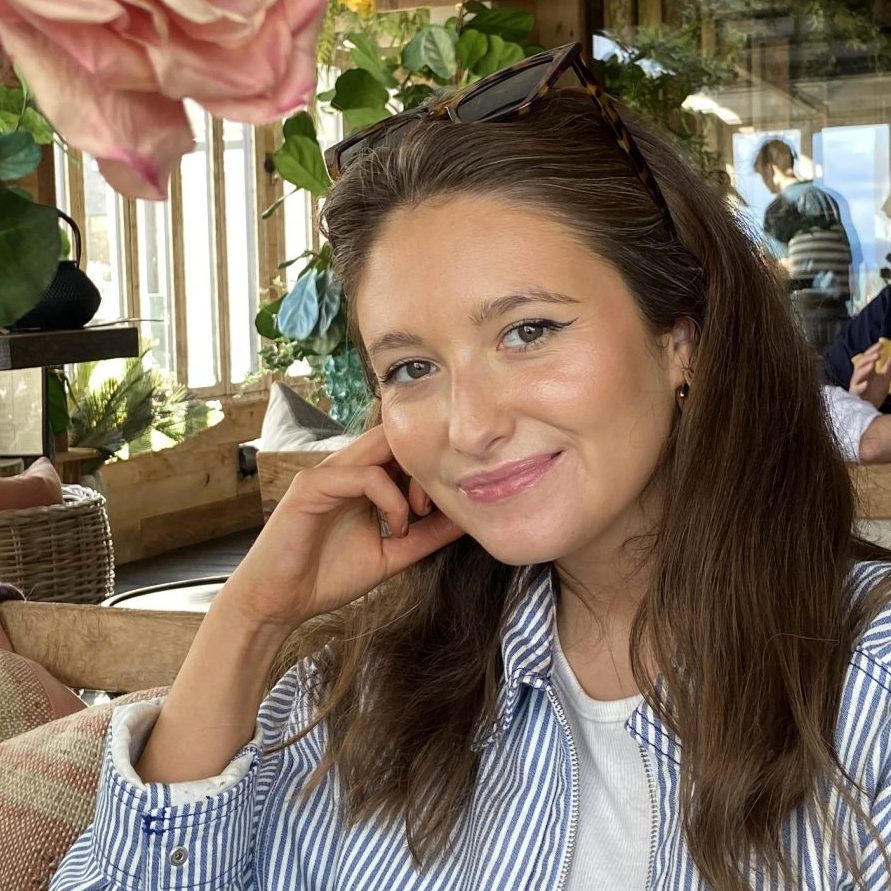
You don’t have to know all the ‘right’ people before you start
Creative industries bolster the importance of networking, but this can be inaccessible. I’ve worked in cafés and supermarkets since I was a teenager. The contacts and skills you build whilst serving people within your community can be more valuable than simply knowing professionals within the industry.
Connecting and empathising with all different types of people, not just those who work in creative fields, will make your work more authentic. As well as developing your communication skills, you gain an understanding of the stories that matter to people – something I found essential when creating my magazine.
Elinor Terry (BA 2017)
Elinor is Head of Design & Social at Redbricks Media, a digital production company she co-founded in 2023. Redbricks Media specialises in digital film, podcasts, social media, and websites. Prior to this, Elinor spent five years at the BBC, first as a Digital Researcher and later as a Social Media Executive. She worked on BBC Education’s campaign Tiny Happy People, launching its social strategy in conjunction with the Royal Foundation and Kensington Palace. After graduating in 2017, Elinor initially worked as a Tutor part-time, alongside freelancing as a YouTuber and writer.
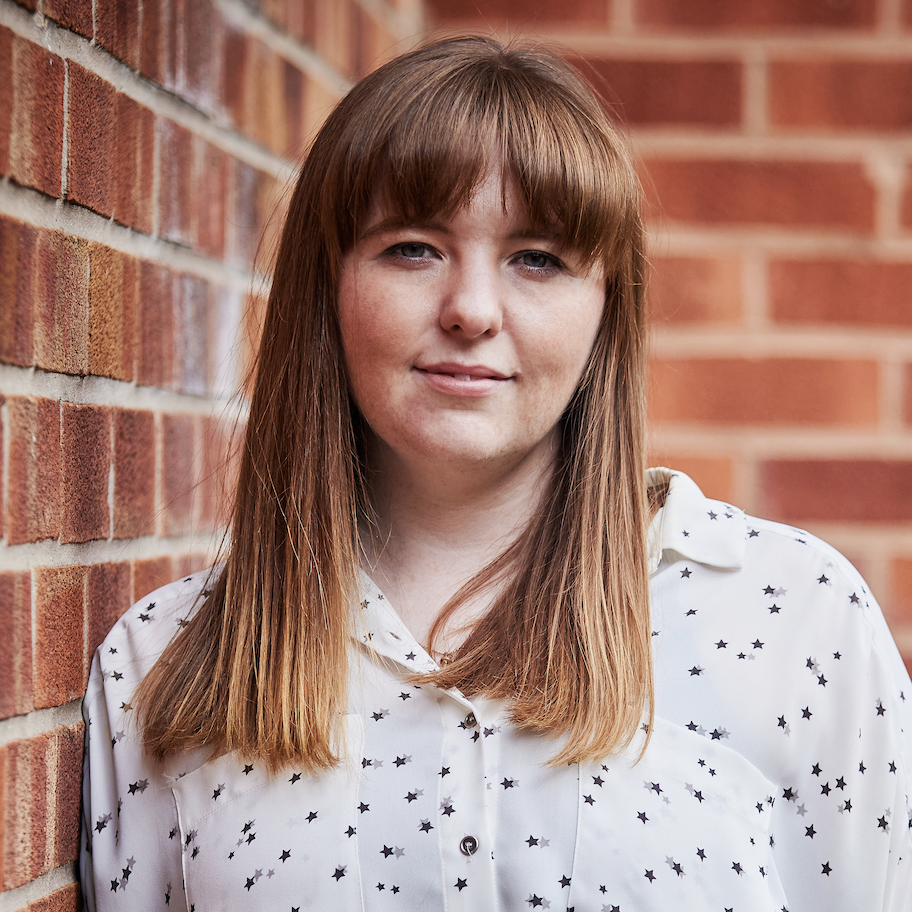
Create like no one is watching or listening (because they probably aren’t)!
I would never have gotten any of the jobs or career opportunities I’ve had without my hodgepodge portfolio of creative projects, often viewed solely by my mum and her Facebook friends. From my Year Abroad blog to a Booktube channel that barely made it to 100 followers, I haven’t created anything that you could say ‘took off’.
However, the skills I learnt along the way are what helped me get my foot in the door at the BBC and go on to start my own digital media company. Skills like speaking confidently on camera, editing video and audio, and optimising SEO were practical examples of my experience which (I hope) made my CV stand out.
In the world of digital production, success isn’t always measured by likes or views. You will learn so much by starting a creative project – so keep going and you never know what will happen. At the very least, it’ll be your stepping stone to something even greater.
Ffion Clarke (MA 2020)
Ffion is an award-winning freelance audio producer. Her work has spanned multiple genres, including lifestyle, history, sports, and quiz shows, with brand new and experienced broadcasters alike. From 2022, she produced one of the UK’s top body confidence podcasts, Go Love Yourself. Ffion is passionate about audio’s ability to keep people company and creating the best in-person communities possible. She is supported by her Assistant Producer – her dog and best pal, Maggie.
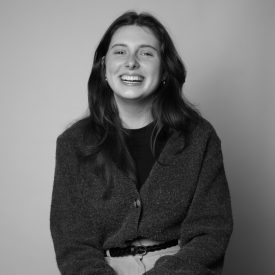
Know your audience and work back from there
Podcasts have this incredibly unique way of engaging with the listener – they’re choosing to spend a solid chunk of time with you in their day-to-day life. And you ideally need to utilise this connection and build upon it, so that you’re almost a part of that individual’s identity. You want them to think: “it’s Monday, time to listen to [insert show]”.
So, when starting a creative project, you need to think: who is this for? Is it filling a gap? How will I engage in a back and forth with my audience? Are there ways I can take this community further (via Facebook groups for example)? Am I providing them with some value, such as actionable takeaways?
Kacie Morgan (BA 2010)
Kacie is an award-winning food and travel writer. In 2010, she set up her food blog The Rare Welsh Bit to develop her writing portfolio after graduating. Today, Kacie works full-time on her blog and social channels, which have been featured by BBC One, BBC Wales, Food 52, and Metro. A member of the Guild of Food Writers, Kacie has also written for various publications, including Visit Wales, Sainsbury’s Magazine, and Co-op Food Mag.
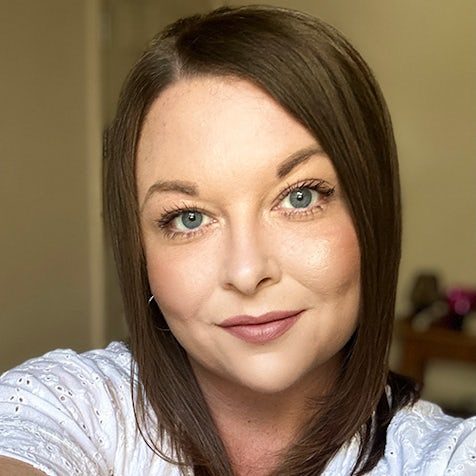
Aim to build a supportive, inspiring community of like-minded creatives
Taking the time to get to know other creatives could help you to secure more work in your niche, and even meet potential staff to employ in the future. Plus, it means you’ll have a group of friends with similar interests to socialise with too – which is particularly important if you’ll be working alone, on a freelance basis.
To get started, attend relevant events in your area (CreativeMornings is particularly popular), join Facebook and LinkedIn groups to connect with others, and interact with similar accounts on X, Instagram, or TikTok.
The Cardiff University community are a helpful bunch, here to help you get ahead in your chosen career. Our Bossing It series brings together advice from alumni contributors in various fields – tap into their collective wisdom and browse through top tips on a wide range of topics.
- July 2024
- June 2024
- May 2024
- April 2024
- March 2024
- February 2024
- January 2024
- December 2023
- November 2023
- October 2023
- September 2023
- August 2023
- July 2023
- June 2023
- May 2023
- April 2023
- March 2023
- February 2023
- January 2023
- November 2022
- October 2022
- September 2022
- August 2022
- July 2022
- June 2022
- May 2022
- April 2022
- March 2022
- February 2022
- January 2022
- December 2021
- November 2021
- October 2021
- September 2021
- August 2021
- July 2021
- June 2021
- May 2021
- April 2021
- March 2021
- February 2021
- January 2021
- December 2020
- November 2020
- October 2020
- September 2020
- August 2020
- July 2020
- June 2020
- May 2020
- April 2020
- March 2020
- January 2020
- December 2019
- November 2019
- October 2019
- September 2019
- August 2019
- July 2019
- May 2019
- April 2019
- March 2019
- February 2019
- January 2019
- December 2018
- November 2018
- October 2018
- September 2018
- August 2018
- July 2018
- June 2018
- May 2018
- April 2018
- March 2018
- February 2018
- December 2017
- November 2017
- October 2017
- September 2017
- August 2017
- July 2017
- June 2017
- May 2017
- April 2017
- March 2017
- February 2017
- January 2017
- November 2016
- October 2016
- September 2016
- July 2016
- June 2016
- May 2016
- April 2016
- March 2016
- February 2016
- January 2016
- December 2015
- November 2015
- October 2015
- September 2015
- August 2015
- January 2015
- December 2014
- November 2014
- September 2014
- August 2014
- May 2014